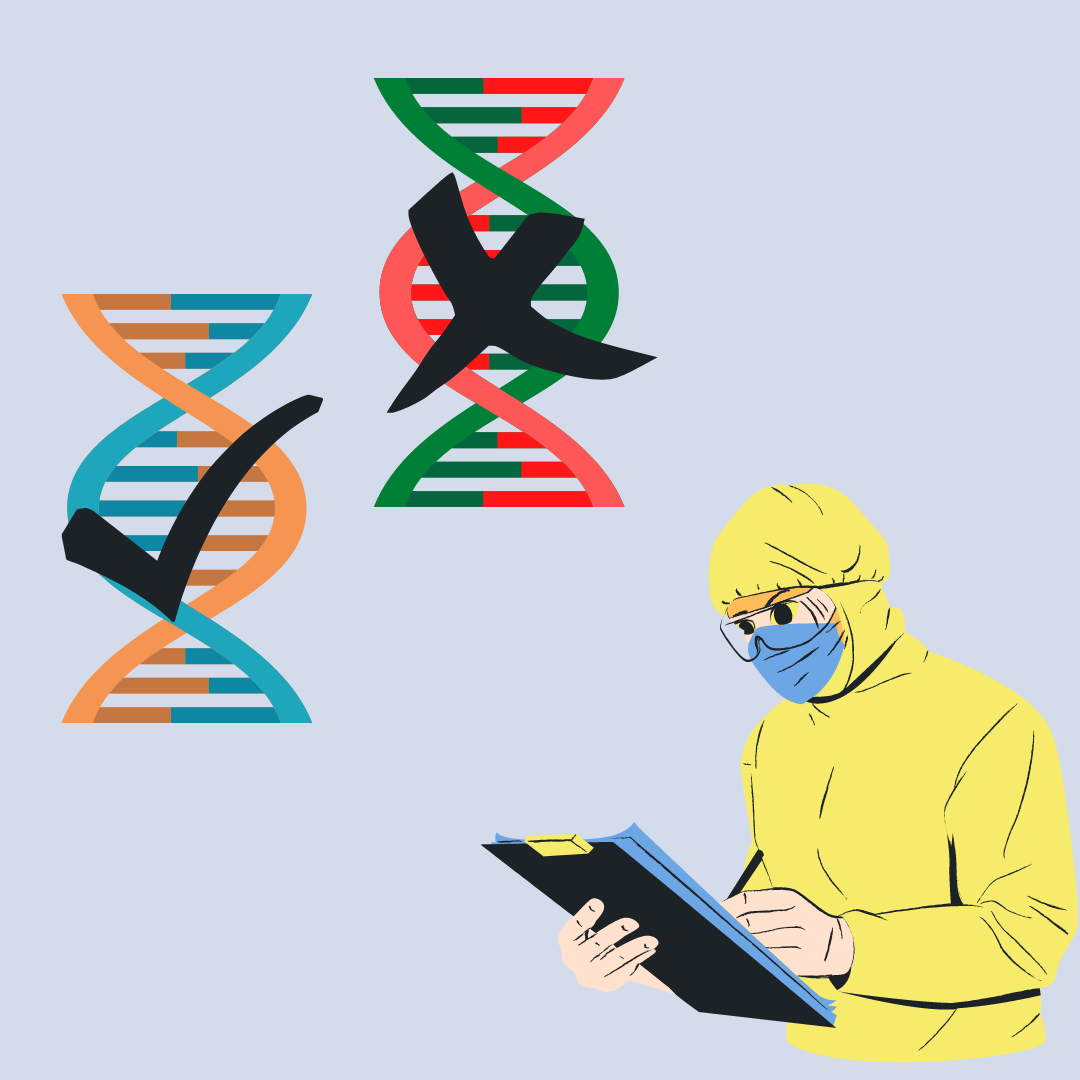Eugenics after the Nazis? The Evolution of a Problematic Discipline
By Christos Konstantopoulos,
The Collector
| 04. 27. 2023
What is the first period that comes to mind when one hears the term “eugenics”? For many, the answer is obvious: the Nazi dictatorship in Germany (1933-1945). And for good reason. The Nazis were indeed outspoken proponents of eugenics, carrying out multiple eugenic policies, including the T-4 involuntary euthanization program and compulsory sterilizations. The aim? To uplift and “purify” the “Aryan race” by weeding out “undesirables” from the gene pool and increasing the number of those deemed to be of “sound” genetic material. Nevertheless, the obsession of popular culture with World War II has obscured an uncomfortable truth: the survival of eugenic ideas after the collapse of Nazism. Rather than ending abruptly, modern eugenics was gradually phased out and ingeniously re-invented, allowing it to survive past 1945.
Optimizing Mankind: Eugenics Before the Nazis
In her book Controlling Human Heredity, historian of genetics Diane Paul explains that manipulating human reproduction to optimize a population’s traits is an old idea. Utopian thinkers, such as Plato in the 4th century BCE, and Tommaso Campanella in the 17th century CE, frequently formulated such...
Related Articles
By Steve Rose, The Guardian | 01.28.2026
Ed Zitron, EZPR.com; Experience Summit stage;
Web Summit 2024 via Wikipedia Commons licensed under CC by 2.0
If some time in an entirely possible future they come to make a movie about “how the AI bubble burst”, Ed Zitron will...
By Arthur Lazarus, MedPage Today | 01.23.2026
A growing body of contemporary research and reporting exposes how old ideas can find new life when repurposed within modern systems of medicine, technology, and public policy. Over the last decade, several trends have converged:
- The rise of polygenic scoring...
By Daphne O. Martschenko and Julia E. H. Brown, Hastings Bioethics Forum | 01.14.2026
There is growing concern that falling fertility rates will lead to economic and demographic catastrophe. The social and political movement known as pronatalism looks to combat depopulation by encouraging people to have as many children as possible. But not just...
By Josie Ensor, The Times | 12.09.2025
A fertility start-up that promises to screen embryos to give would-be parents their “best baby” has come under fire for a “misuse of science”.
Nucleus Genomics describes its mission as “IVF for genetic optimisation”, offering advanced embryo testing that allows...




